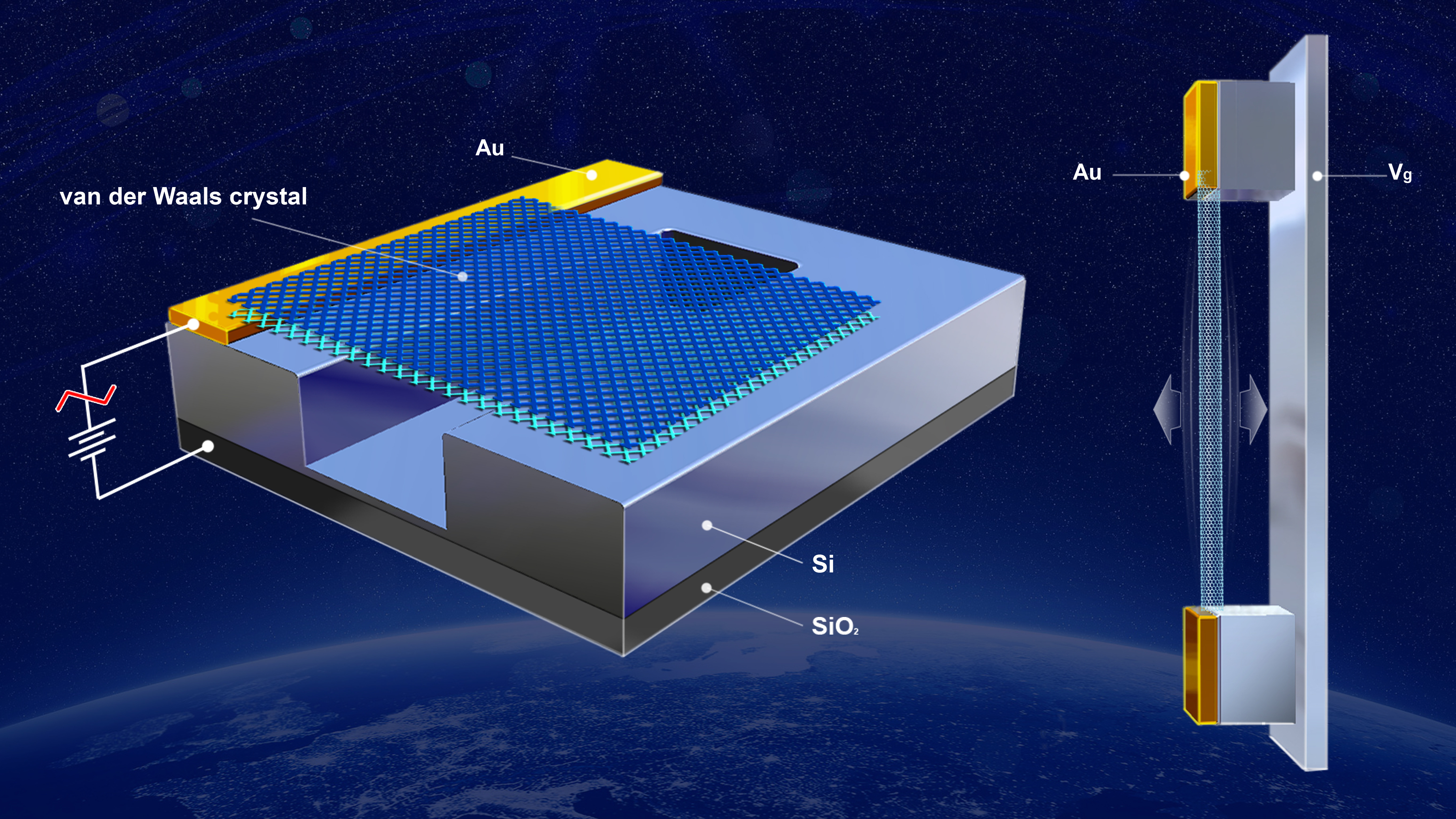The aim of this proposal is to customise molecular and biological detection systems based on nanoresonators (NRs) to meet the requirements of a space environment, by exploiting the latest advances in nanotechnology. In Space, monitoring health risks is crucial as humans face adverse conditions, including the possible exposure to an unhealthy atmosphere. On Earth, micro and nanoresonators enable lab-on-a-chip molecular- and bio-detection.
Nanoscale technology is the basis of a revolutionary class of detectors that overcomes the limitations of detectors based on microscale technology. However, the current detection technology used in Space still relies on microscale resonators.
Here, we aim at conceptualising and studying nanoscale detectors for space applications where further miniaturisation is expected to entail improved performance.
The novelty of our proposal is threefold:
- material composition (novel materials such as hBN),
- topology of materials (e.g. 1D and 2D materials),
- detection mechanism of resonators (polariton-based working principle beyond traditional SEIRA spectroscopy).
Indeed, the use of nanomaterials and the reduction of the size of resonators can significantly improve the sensing quality and the robustness, extend the functionality, favour the integration and potentially decrease the volume and the power consumption of detectors.
The focus of this theoretical investigation is on:
- Carbon nanotube mechanical NRs, which display the state-of-the-art highest mass sensing resolution [doi: 10.1038/nnano.2012.42], graphene NRs maximising the sensing area
- Photonic NRs based on 2D materials which extend the spectral range, sensing quality and functionality of standard NRs.
The understanding of the impact of the extreme conditions of Space on the figures of merit of NRs will guide the design of molecular- and bio-detectors monitoring gas composition analysis and health risks.

